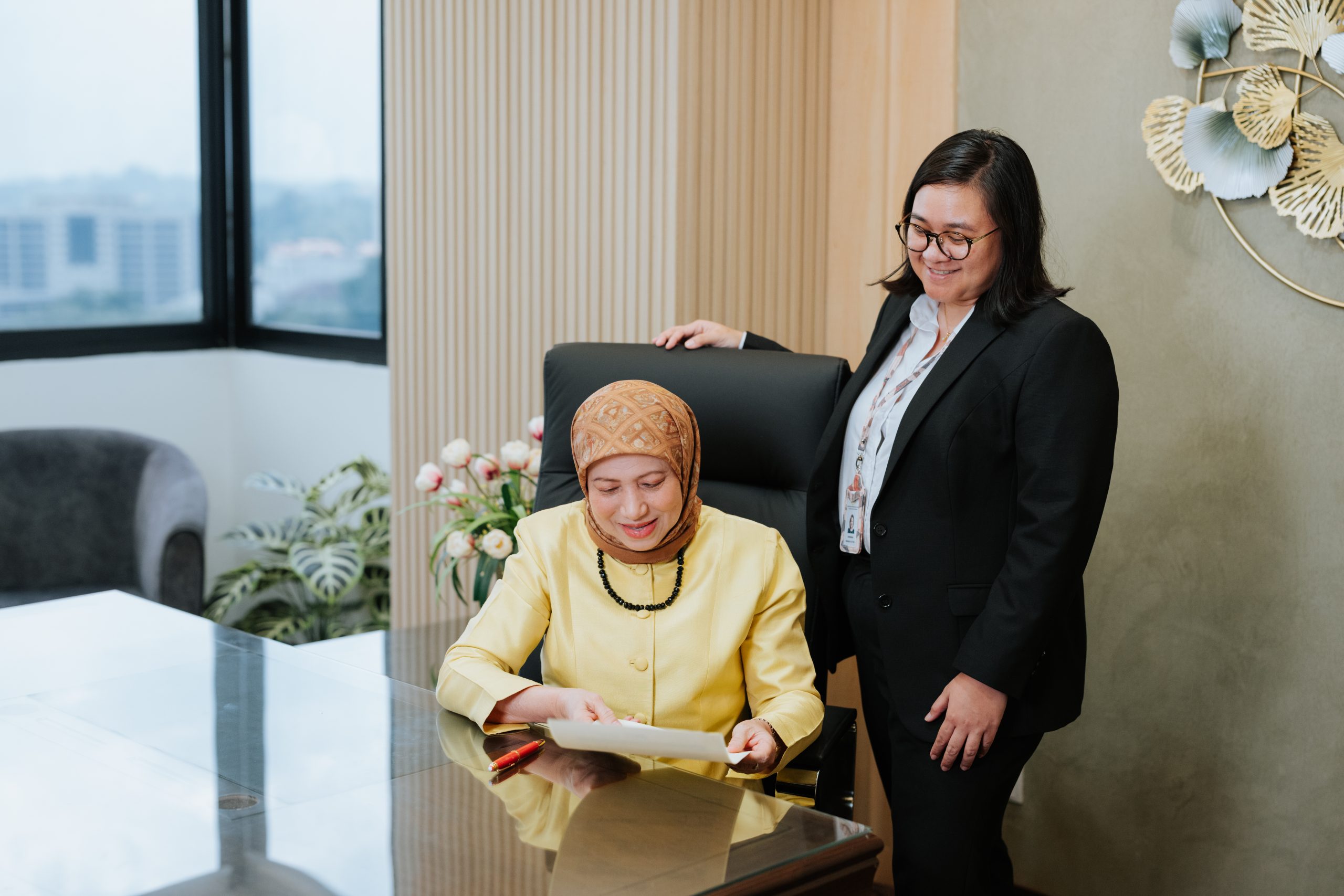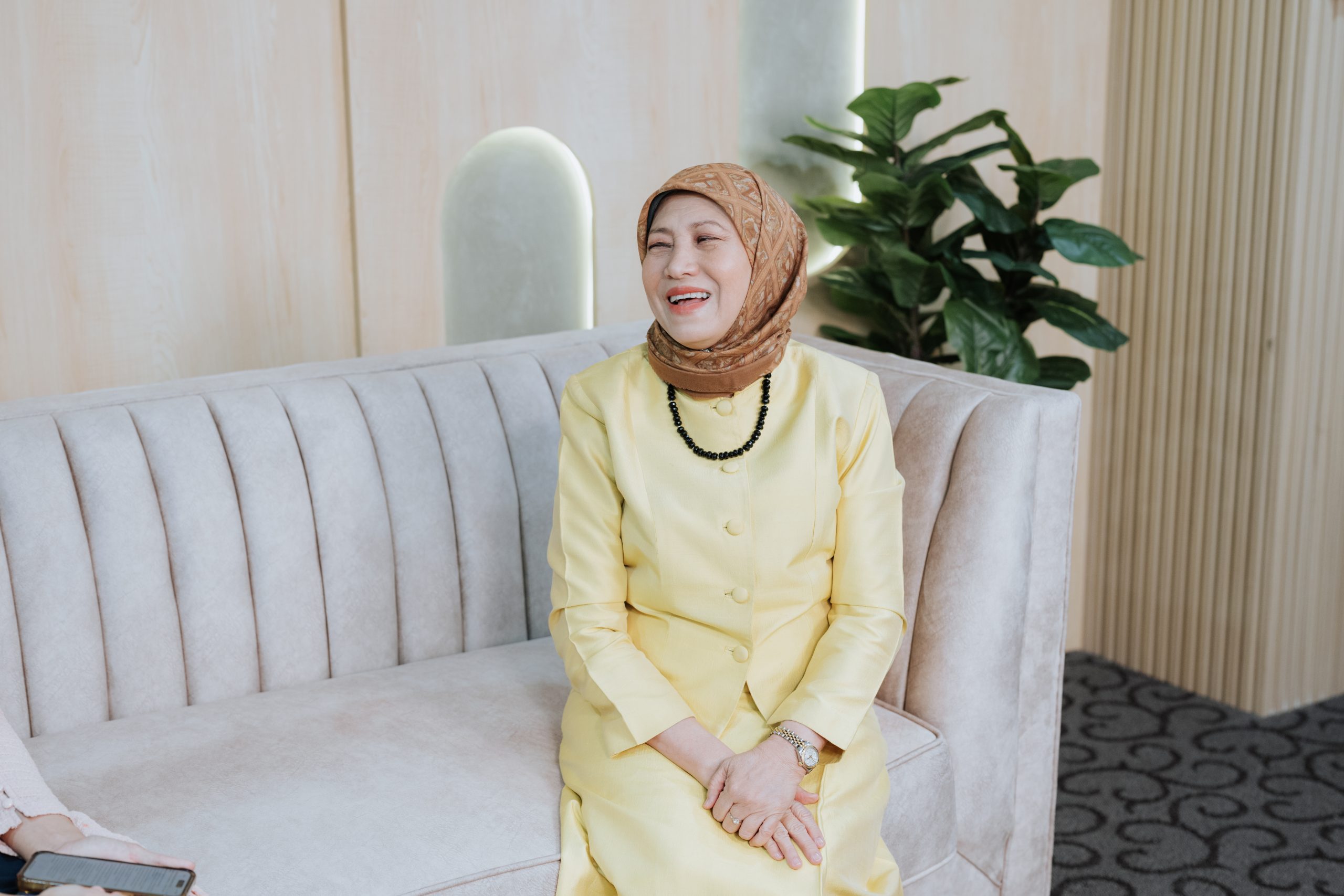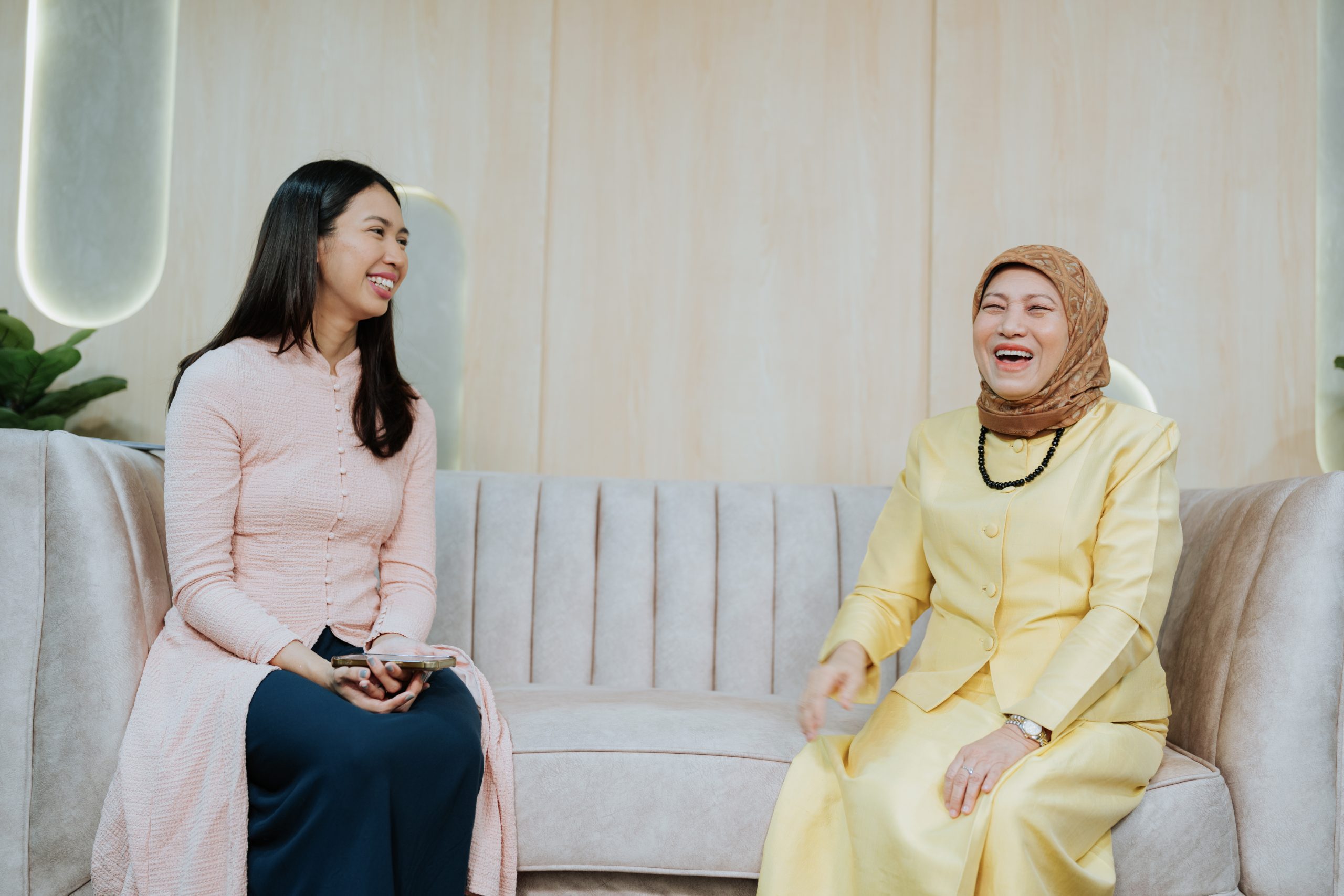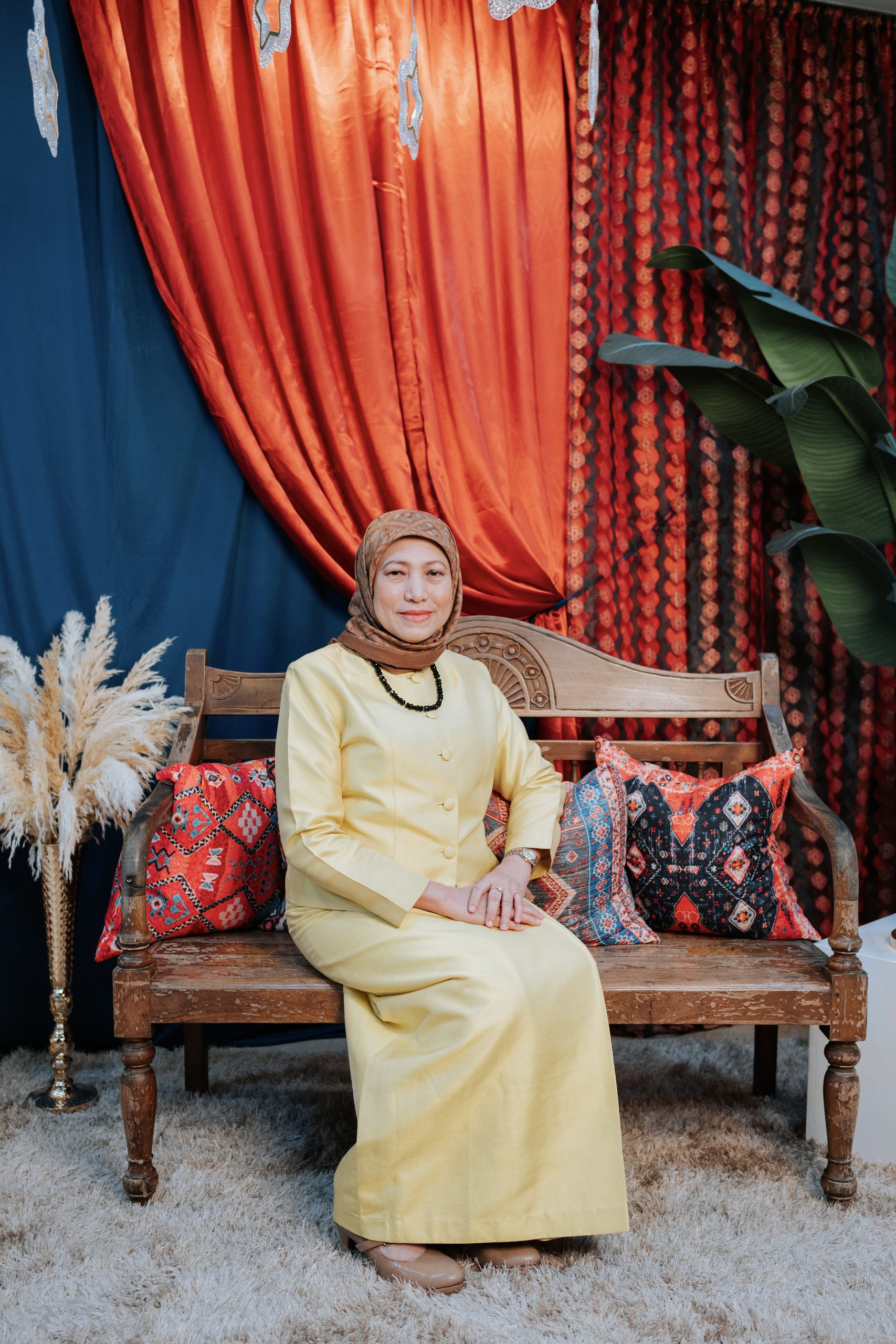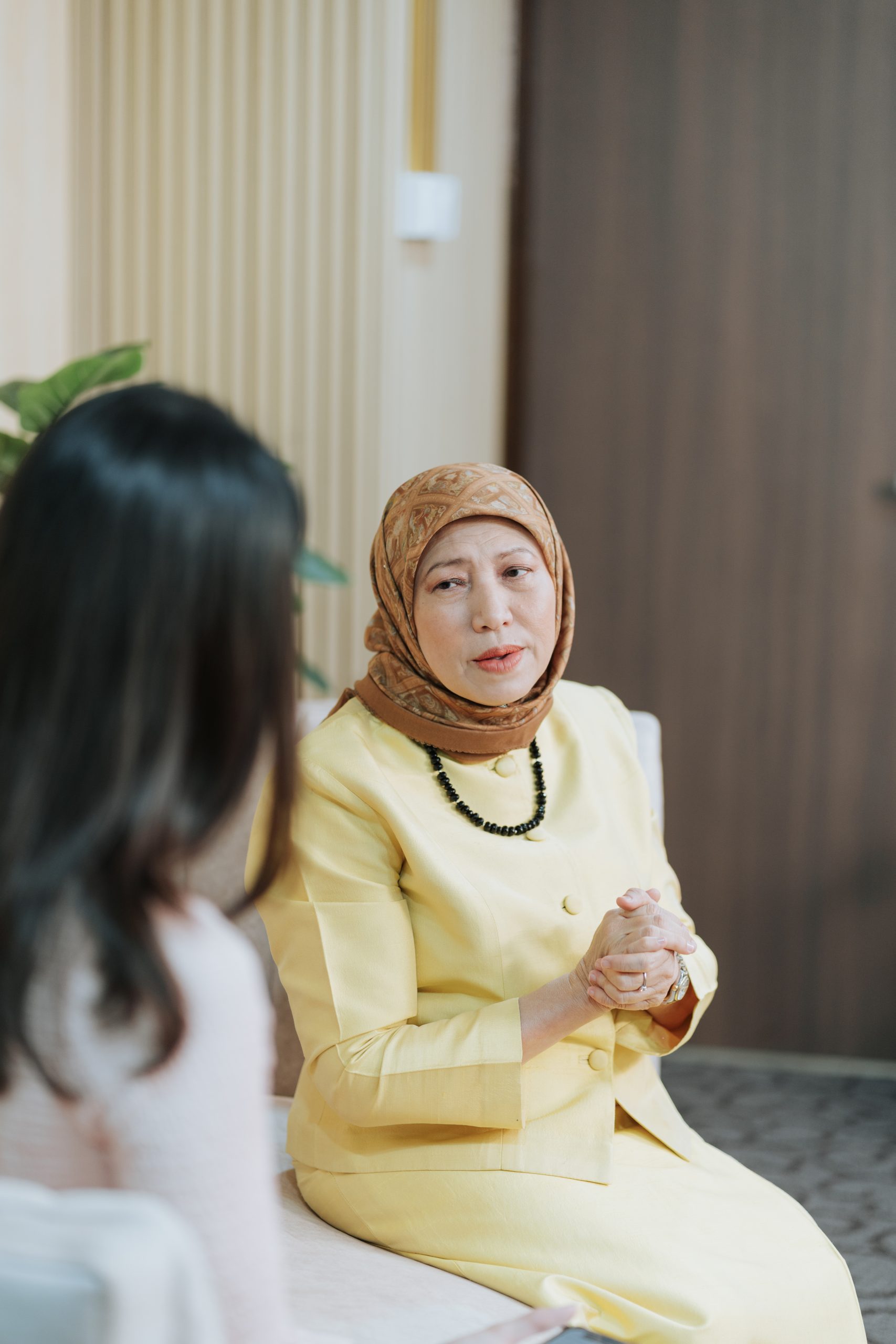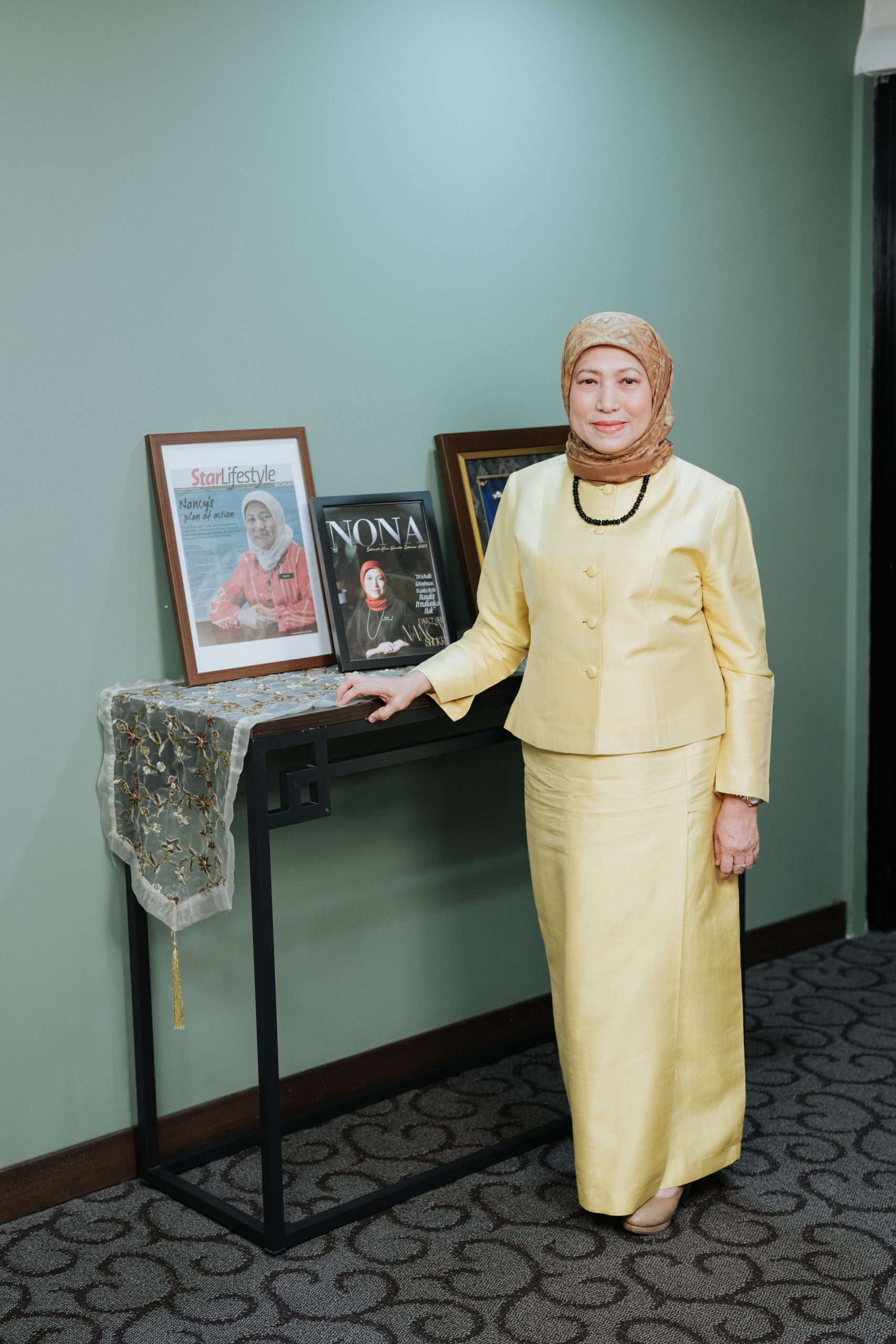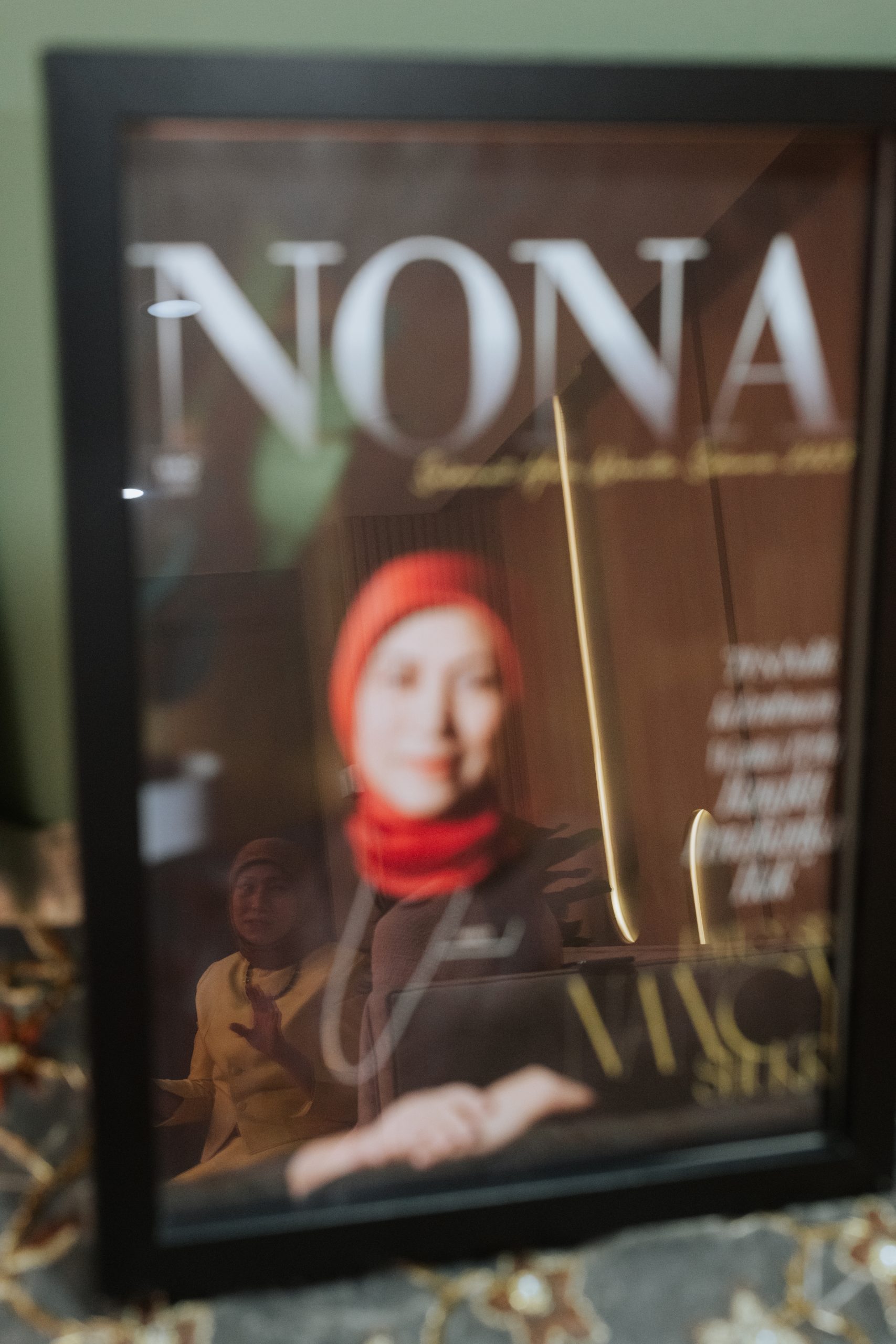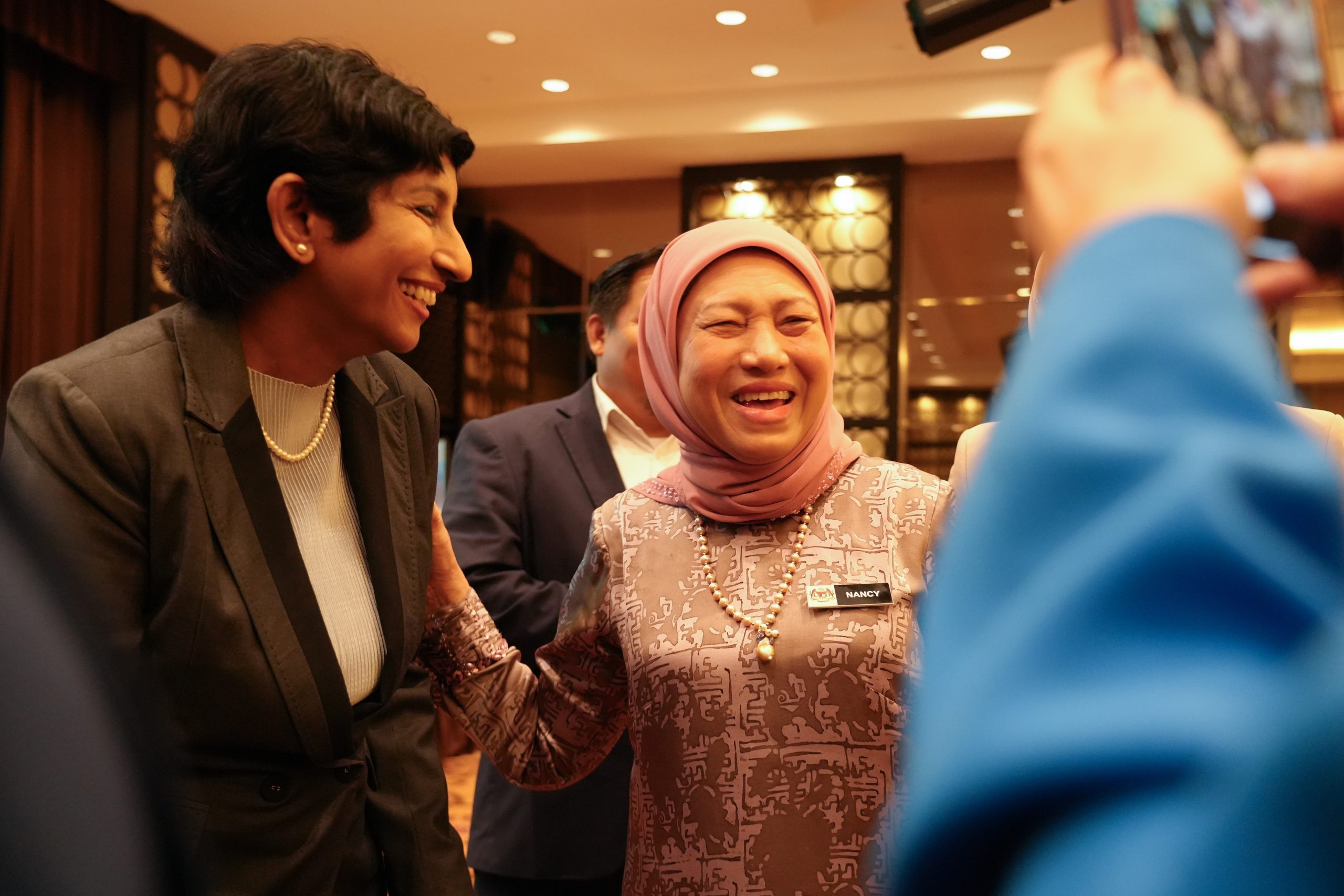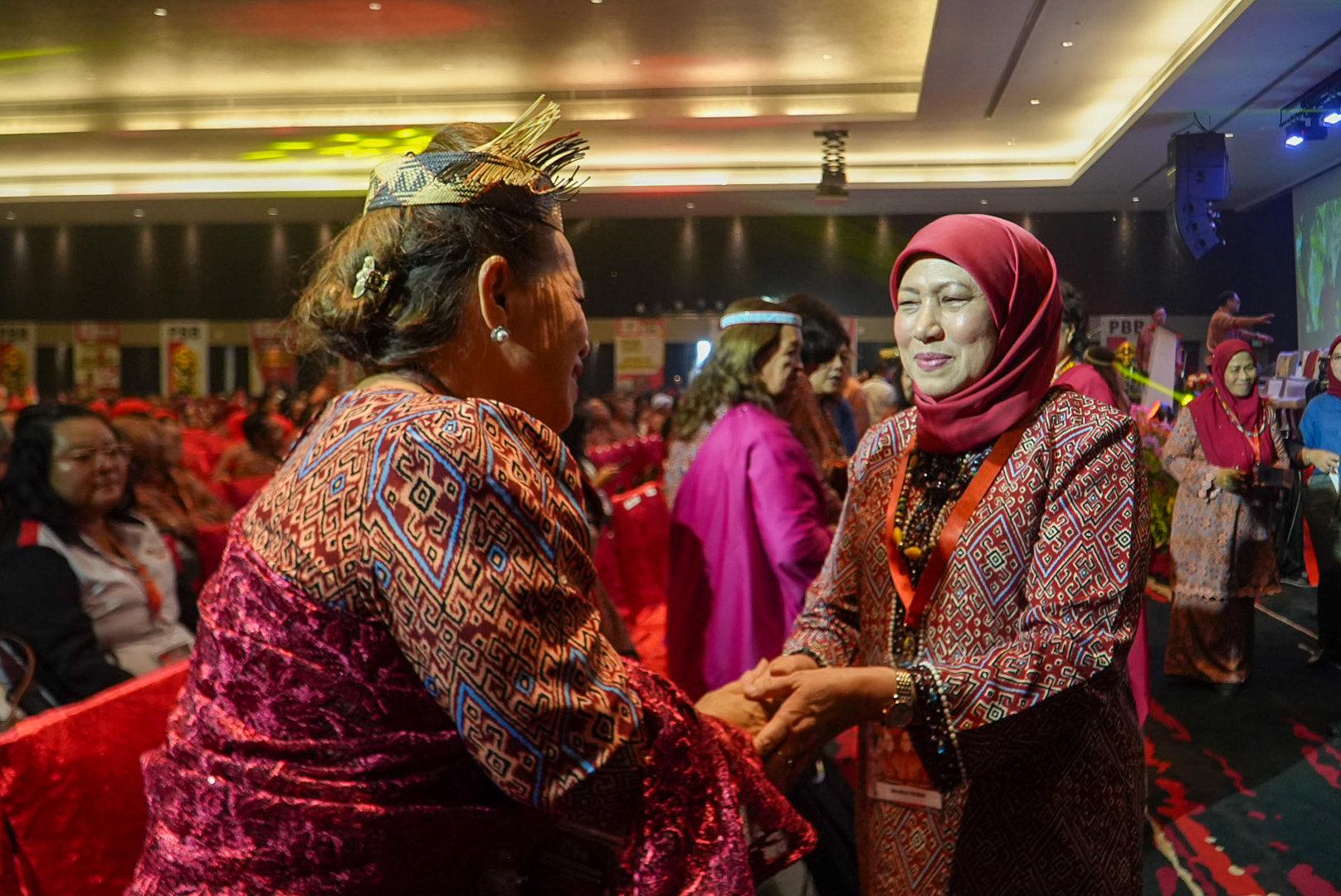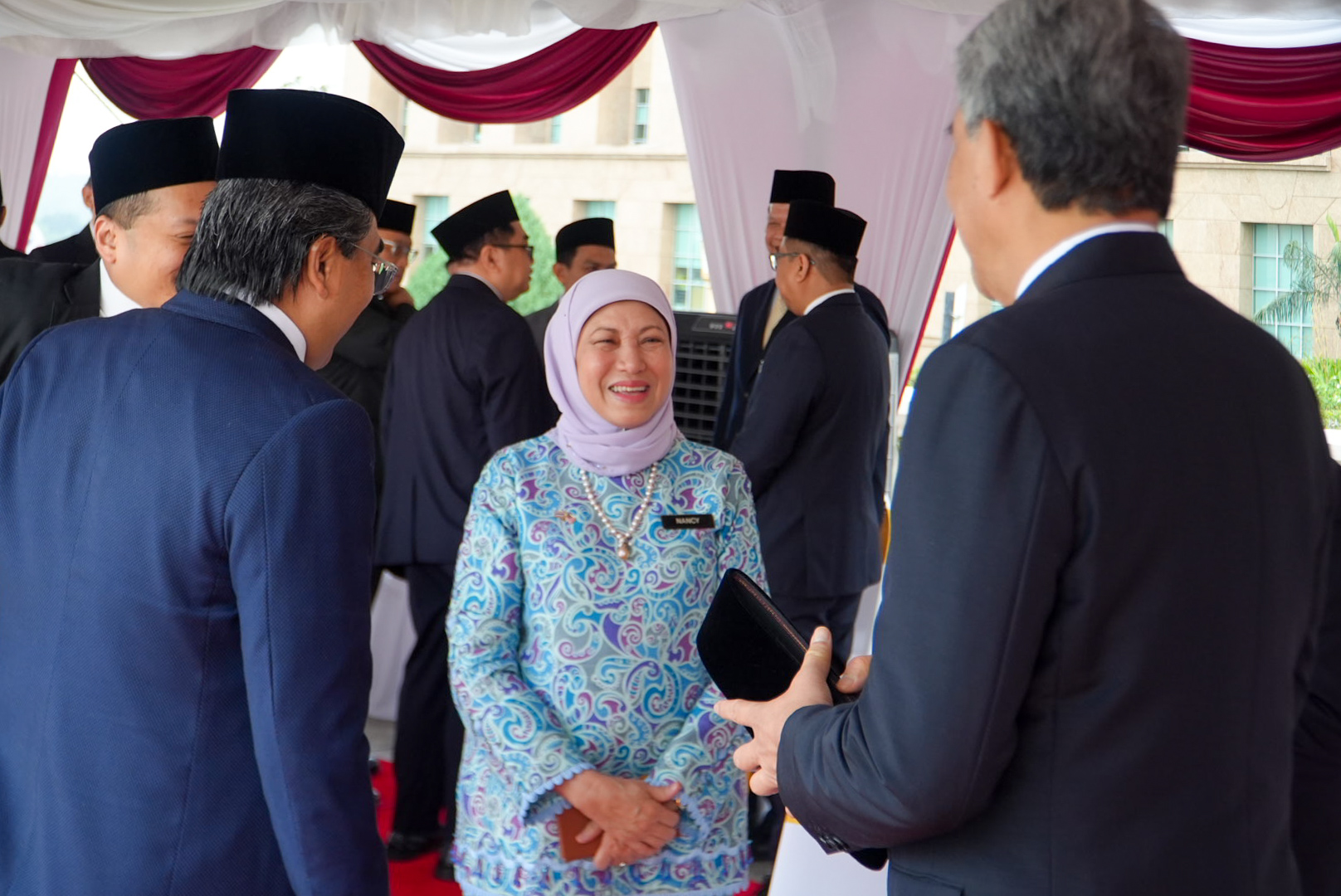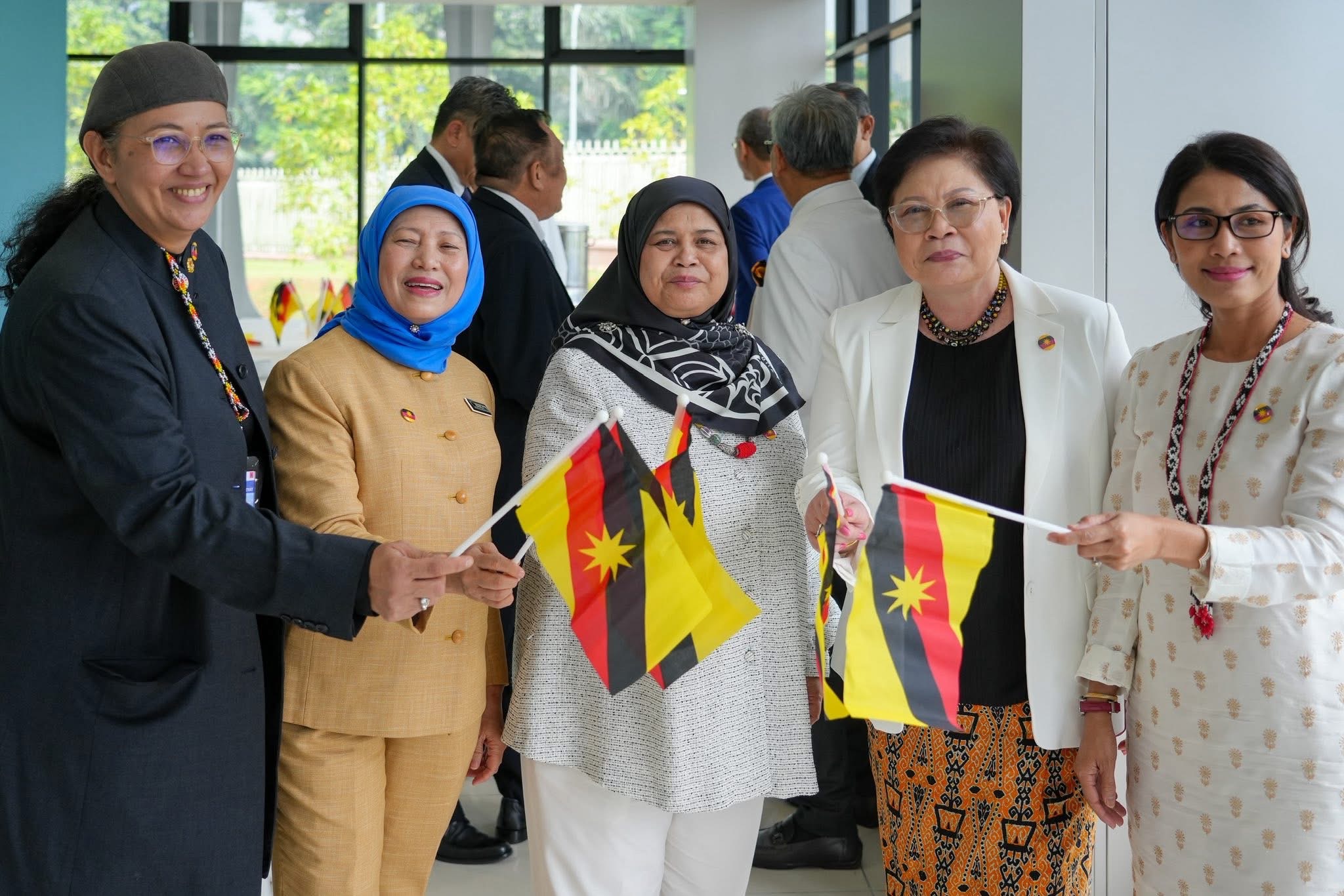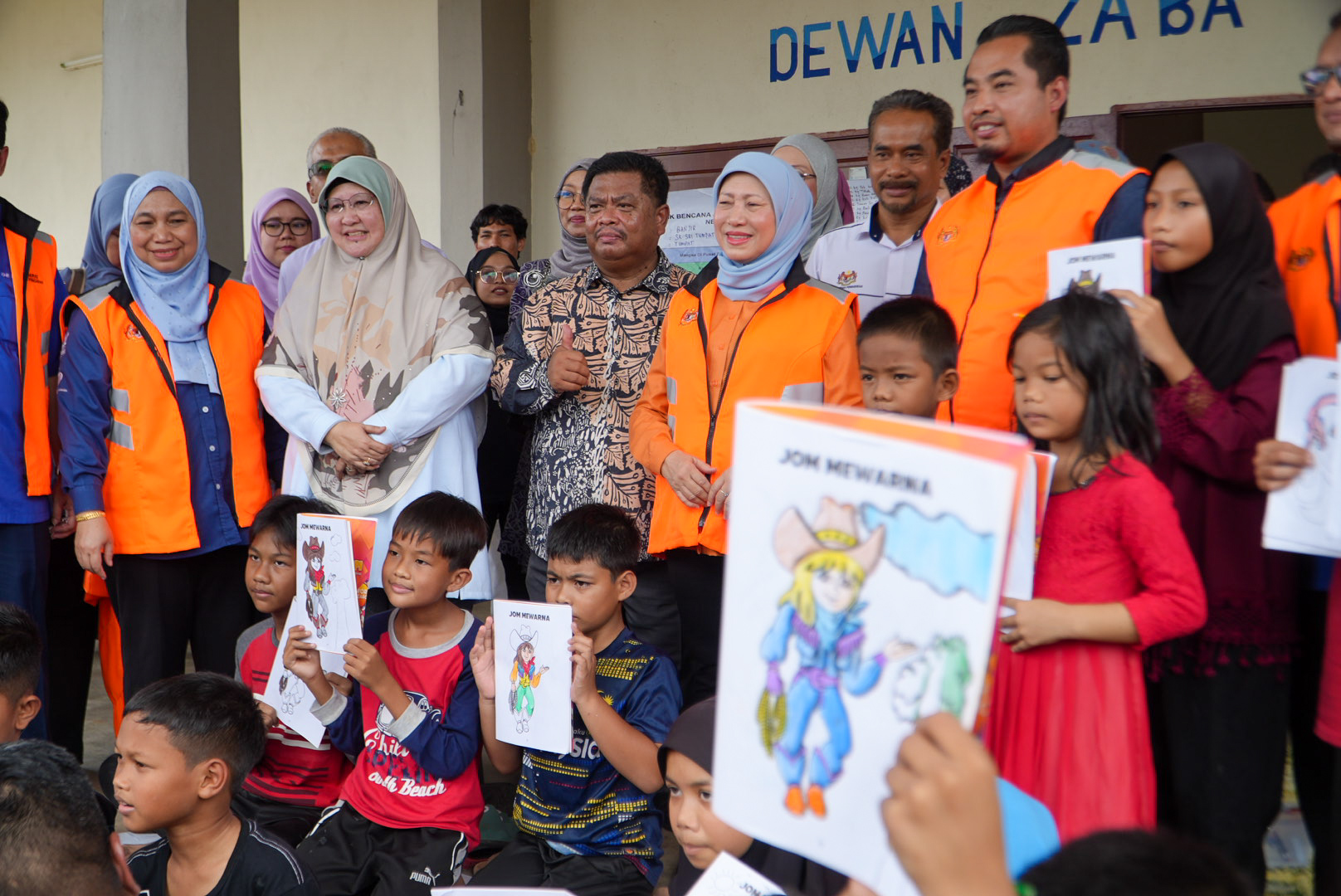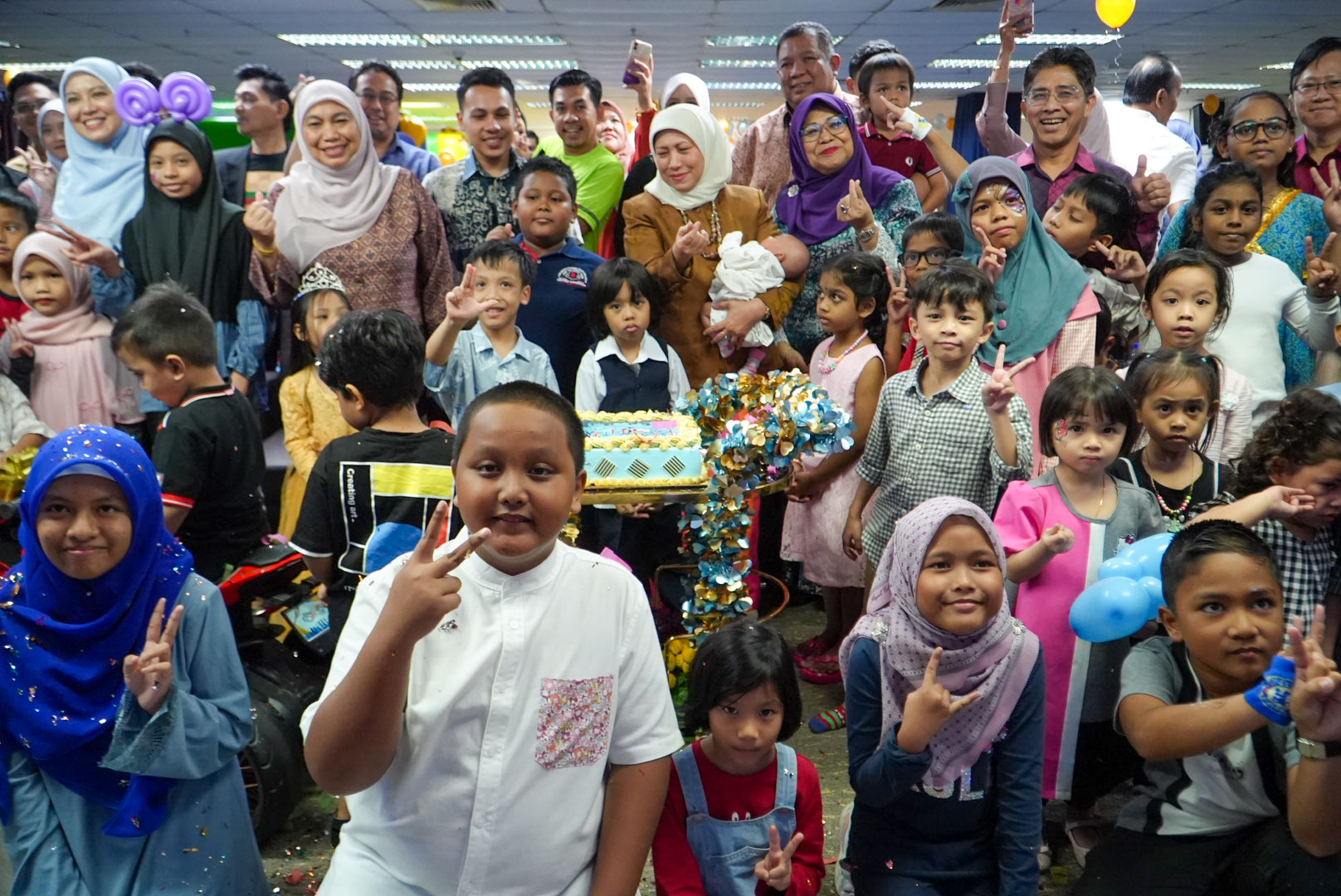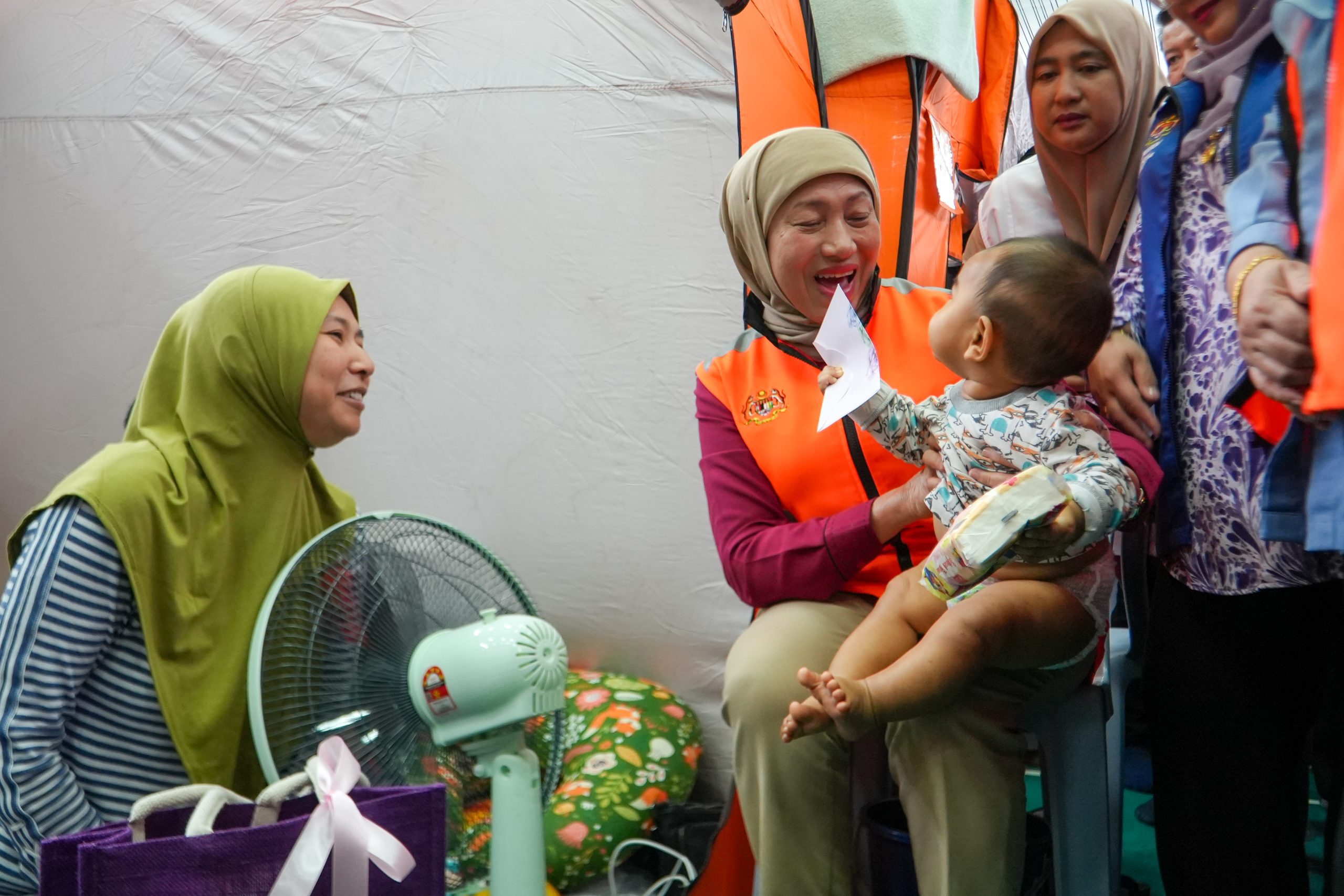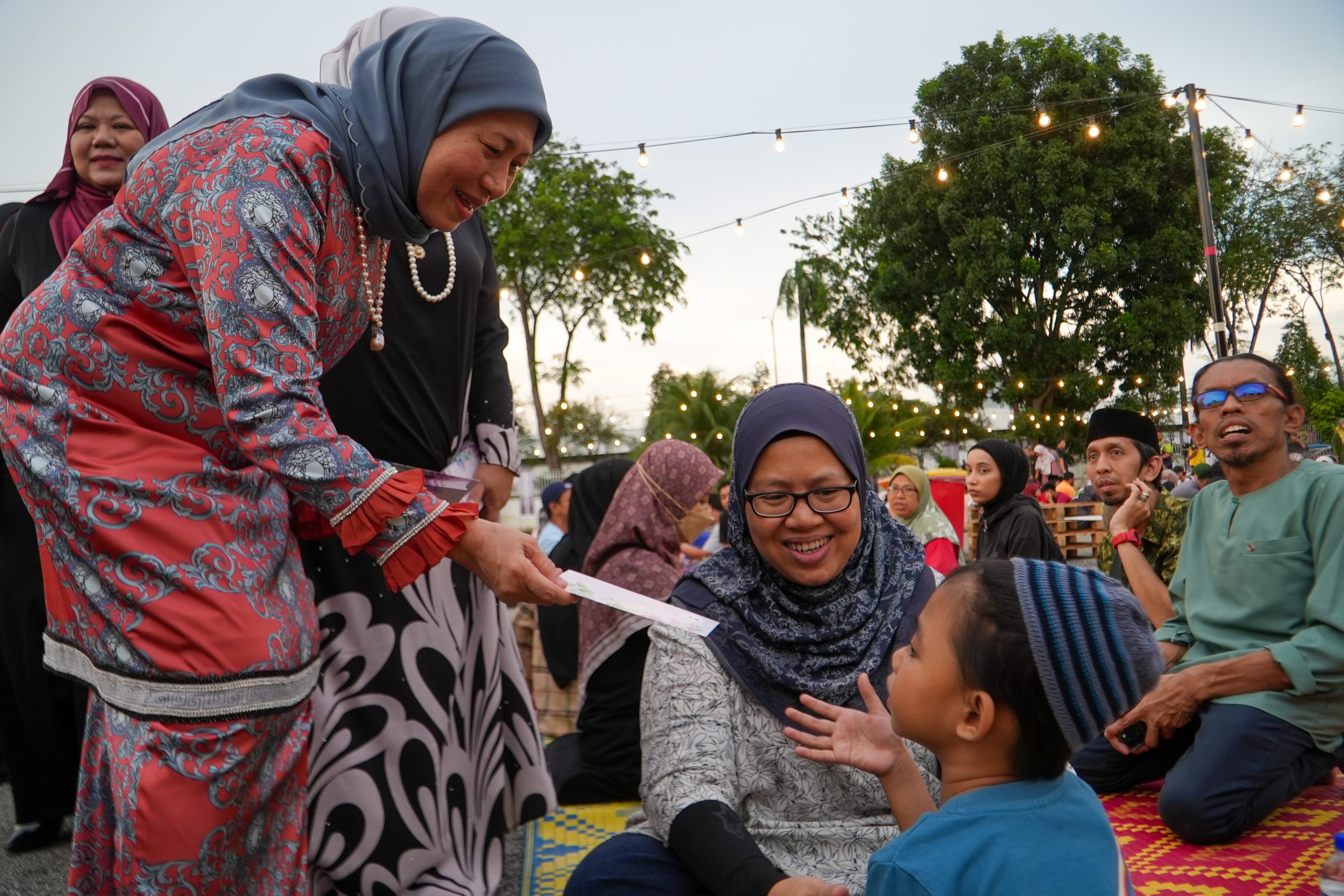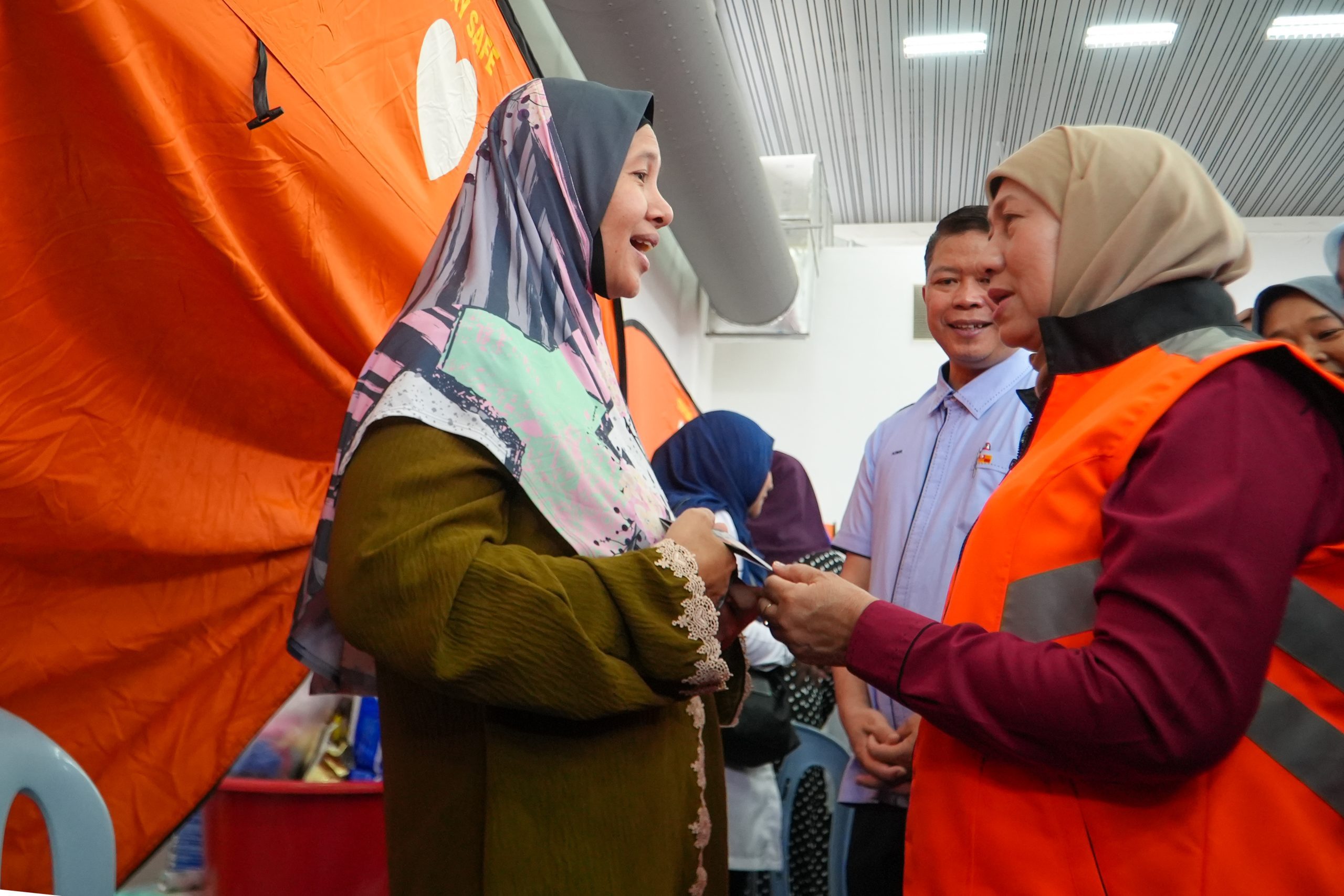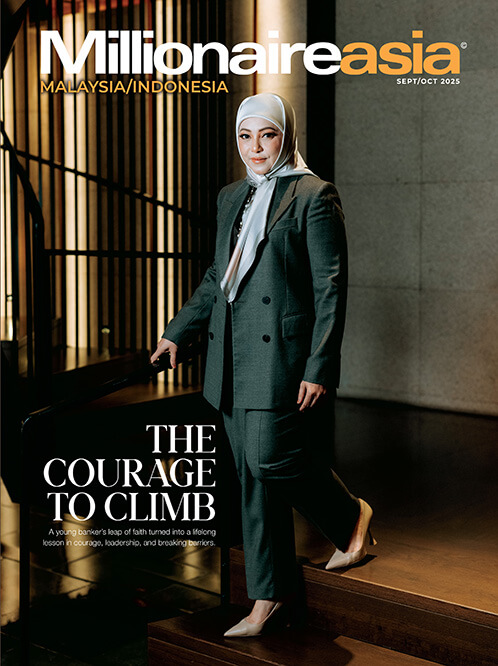When Dato’ Sri Nancy Shukri speaks of leadership, it’s rarely about power. It’s about presence, purpose – and the people she serves.
From her beginnings in Sarawak’s close-knit communities to her ascent through the political ranks in Putrajaya, Nancy Shukri, 61, has steadily carved out a career marked by cultural authenticity, strategic adaptability and, above all, sincerity.
Hers is not a story of loud ambition, but of steady conviction and quiet revolutions to bring about positive change and push to give voice to the underrepresented.
Rooted in Sarawak, raised to lead
Nancy never imagined herself being involved in politics, much less taking on the role of minister.
But leadership has a way of finding those who lead by example.
Growing up, she had a front row seat to leadership at work: her mother, whose empathy, generosity and hard work made her a leader in the eyes of her village.
“My mother was my first inspiration. I saw her speak up in front of villagers and lead without a title,” Nancy, who is Malaysia’s Minister of Women, Family and Community Development, recalls.
That image of a woman galvanising a community not with commands but with compassion never left her.
It became the seed of a leadership journey defined by both grace and grit.
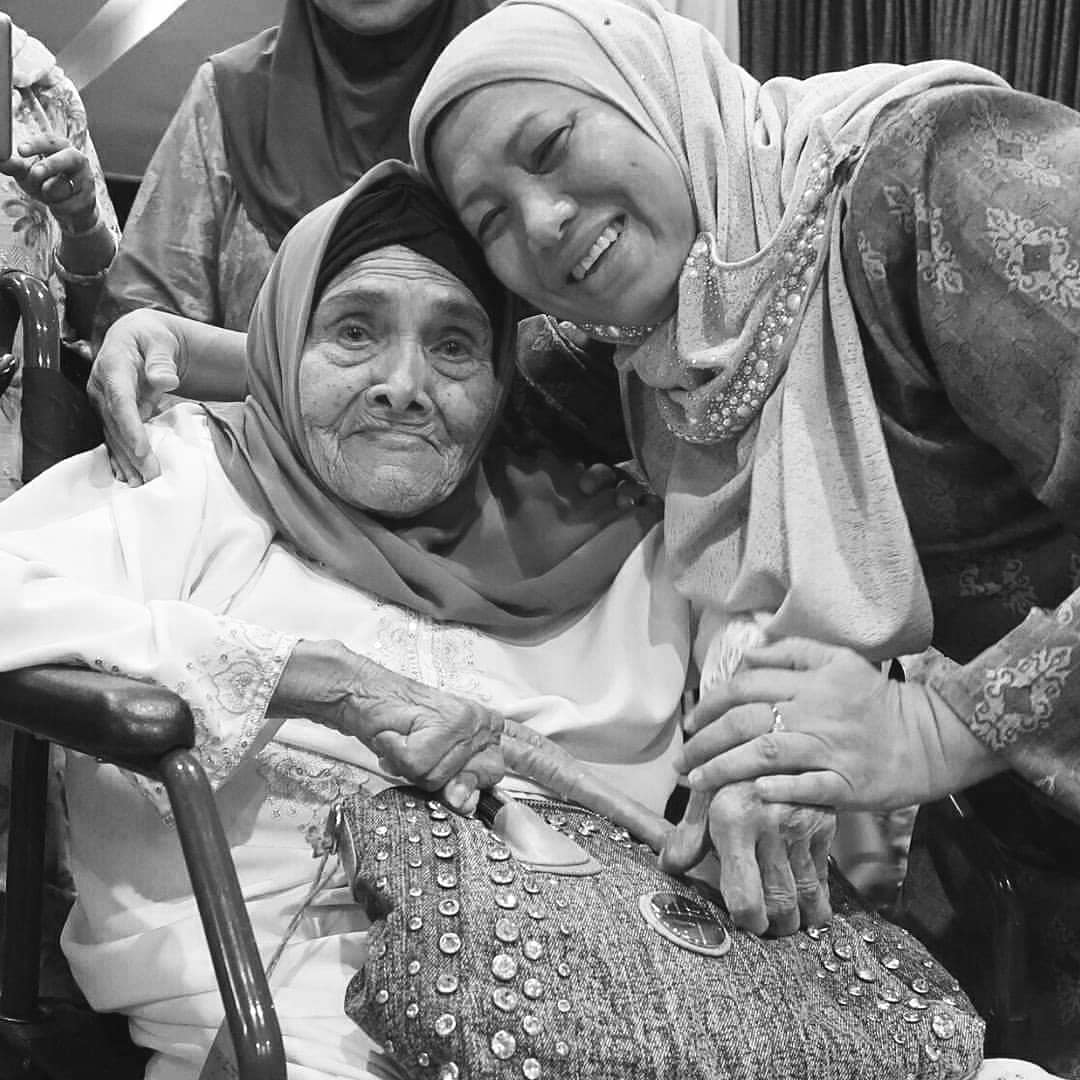
Growing up in Sarawak, Nancy was immersed in a community environment rich in multicultural nuance.
She grew up in a big family: the tenth child of Bibi MacPherson and Shukri Mahidi. Her father Shukri, of Malay-Melanau descent, and her mother Bibi, of Scottish, Iban and Chinese ancestry, gave Nancy a rich cultural grounding.
Her maternal grandfather, John Andrew MacPherson, once served as British Resident of Sarawak’s Third Division, while her grandmother, Chua Eng Dok, was related to one of Sarawak’s independence fighters, Tun Datuk Patinggi Jugah anak Barieng.
Respect for different cultures, and a hunger to bring about change ran in her blood.
Her late mother was a formidable presence in their village, deeply engaged in civic life and a trailblazer in her own right – a role model who through her actions taught Nancy what leadership was truly about.
As the youngest daughter, Nancy spent many school holidays by Bibi’s side, helping run a kuih stall.
“I would follow her. She would sell apam balik. We had to cross the Sarawak River and we would row the boat and early morning,” she shares.
Nancy, as her mother’s assistant, recalls that she had to head back across the river to get more flour for the apam balik, a local sweet and savoury pancake filled with peanuts.
As she sat in a boat with the boatman, she remembers being struck by how hard her mother worked to raise the family. Those quiet lessons – of grit and persistence – left their mark on her and would shape her own leadership journey.
Bibi taught her kids to make homemade ice cream, kaya, and other local treats, including traditional Sarawakian desserts.
What began as simple lessons in preparing food for the family and village became formative experiences, instilling in Nancy a deep understanding of independence, responsibility, and the joys of contributing to her community – the foundations of Nancy’s understanding of leadership.
Their home, Nancy recalls, was open to everyone – from curious children to neighbours in need. Whether it was lending sugar to a neighbour or offering a listening ear, her mother led by example.
When people talk about leadership, the thought of a strong man or woman comes to mind, but not for Nancy. Growing up in the kampung or village taught her how to listen to others and work in a community, lessons she’s learnt from her mother.
And her mother’s empathy and generosity also stuck with Nancy – values she’s carried into her adult life.
“(My mother) was the one who really influenced me to shape my lifestyle, my aspiration and everything because that's how I see her to be the role model for everyone in the kampung,” she says.
With a laugh, Nancy fondly says: “She wasn’t a politician, but she was political.”
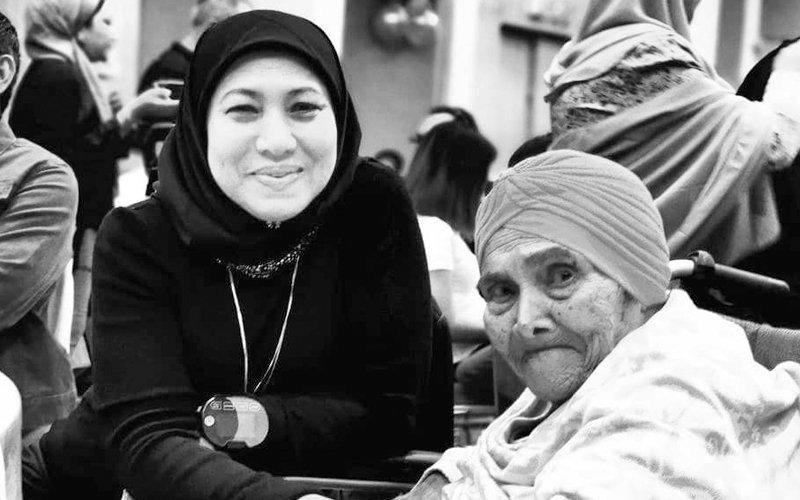 It’s a distinction that’s shaped Nancy’s understanding of influence: it can come from empathy, not just authority.
It’s a distinction that’s shaped Nancy’s understanding of influence: it can come from empathy, not just authority.
Navigating the halls of power
When Nancy entered politics around 2003, few women – especially from East Malaysia – had a seat at the table. Even fewer had a voice.
Her experience in the legal field began early, around 1992, as she took up the role of legal advisor for the North Kuching City Hall.
After more than 10 years there, she began to participate more actively in politics, leading her to take up the role of secretary-general in Parti Pesaka Bumiputera Bersatu Sarawak, or the Sarawak Native Heritage Party in 2007. This party is part of a wider group called Gabungan Parti Sarawak or the Sarawak Parties Coalition.
During her active years in politics, she’s taken on high-profile cabinet portfolios, including law, tourism and women’s development, leaving her mark at each stint.
But rising through the ranks wasn’t without friction. There were battles to be fought, and people to prove wrong.
In 2006 when Nancy had been appointed to take up a role as political secretary to the late Taib Mahmud, former Sarawak state leader and the fourth Chief Minister of the state, she described the reception to the news as one of complete and utter shock. It was rare at the time for a woman to take up this role.
“It was so quiet (in the room when the news broke), you could hear a pin drop,” she recalls.
The unspoken doubts – that a woman take on such a key role – were clear. But so was her response: show up, do the work, and stand tall.
She stood up to the criticism to earn the respect from her party. 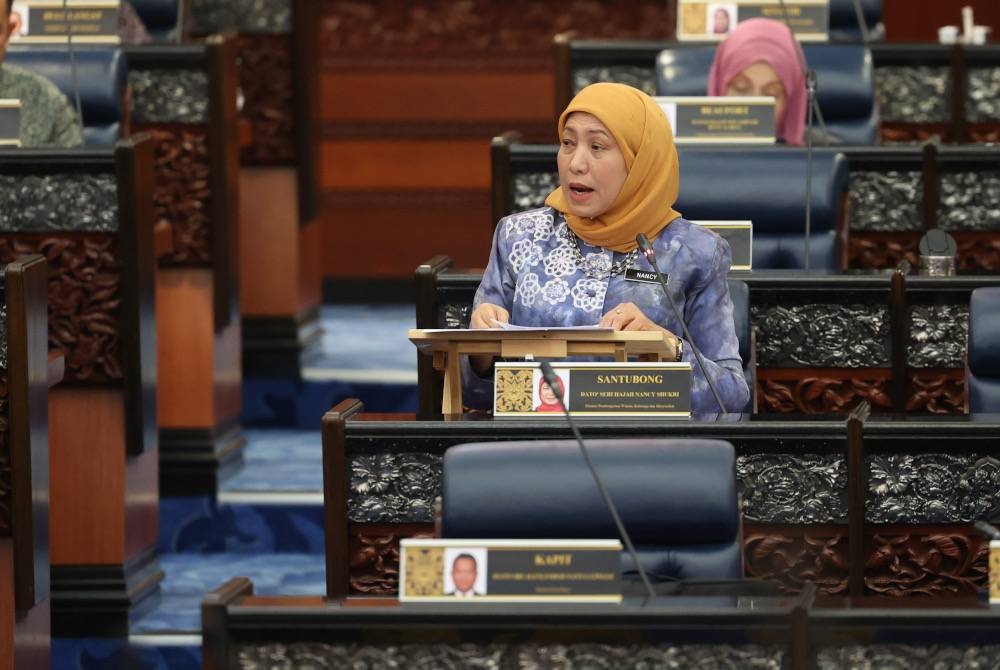
Now, a Member of Parliament for Santubong , Nancy looks back on those early trials with perspective: “I’m glad I went through it because it made me learn.”
It was her strength to stand up against critique that has helped her earn her keep today.
“I have taught myself this: that nobody has the right to hurt me. So, if anybody was to do that to me, then you'd be in trouble yourself,” she said, jokingly.
Being a woman was just one part of the battle. Being from Sarawak on top of that made it a constant fight for visibility.
She wanted to make sure East Malaysians were seen and heard too.
“East Malaysians sometimes feel like outsiders in national politics,” says Nancy. “I made it my mission to change that perception.”
And throughout her career, she’s brought her own steady brand of leadership: one that bridges East and West Malaysia, and pushed for representation where it was lacking.
Championing women, from Kuching to Kuala Lumpur
Nancy’s consistently advocated for greater female representation in politics – not just in terms of numbers, but in meaningful influence.
She has long believed that getting more women into politics isn’t just about hitting quotas; it’s about giving them real influence in shaping the nation’s future.
“Women have that soft touch in decision making. Males tend to be very straightforward but for women, that sympathy or empathy level is always there,” says Nancy.
“Maybe that's why God creates ourselves to be that way. So that we can provide balance.”
This balance is key to a healthy national conversation – and emotional consideration is a vital strength in leadership.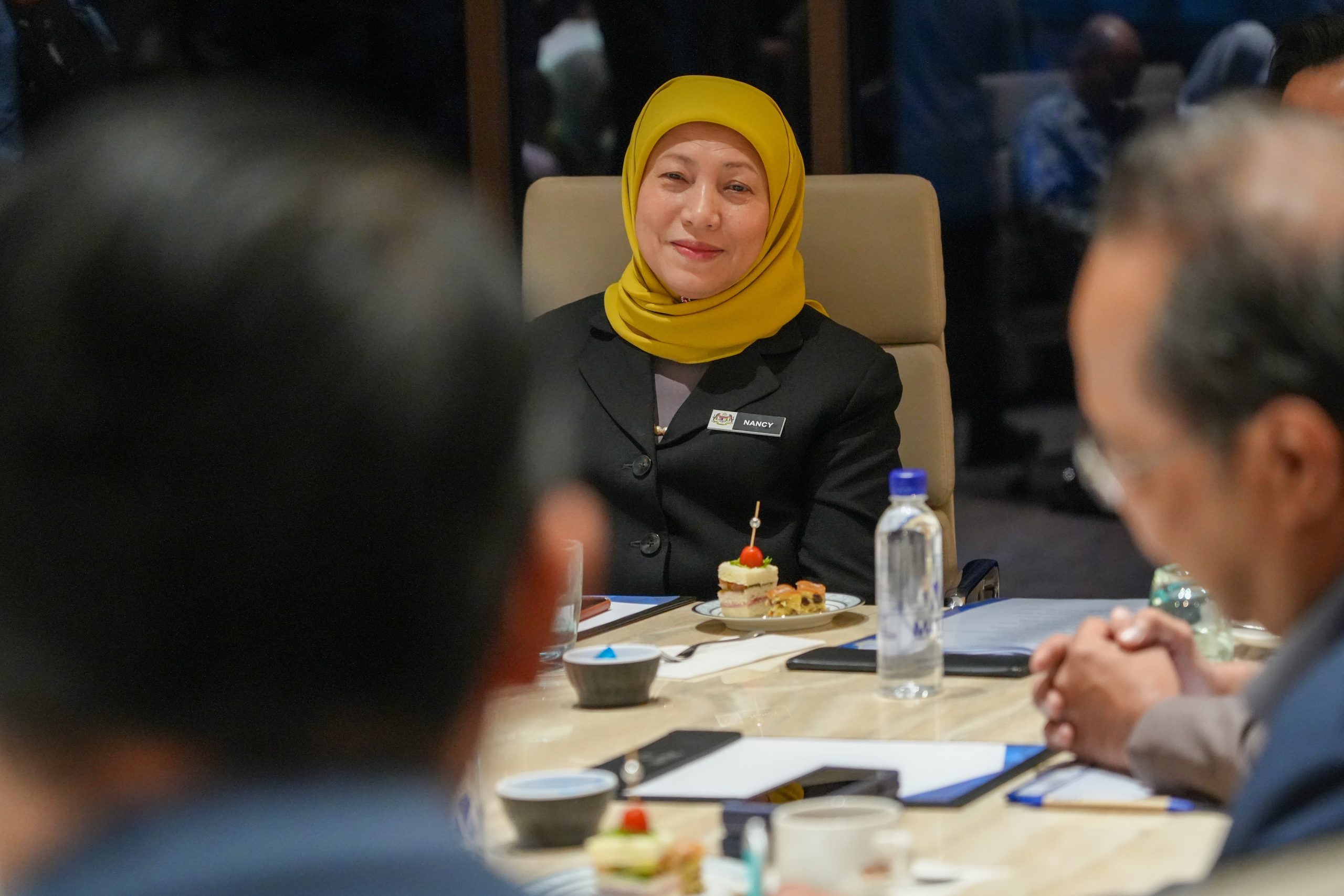 In the 1960s, women in Sarawak were already politically active: going door to door, talking to communities, shaping conversations on the ground while also holding households together. Often, they would be the one canvassing feedback from the community about different social issues.
In the 1960s, women in Sarawak were already politically active: going door to door, talking to communities, shaping conversations on the ground while also holding households together. Often, they would be the one canvassing feedback from the community about different social issues.
They were bold. They were politically aware. They knew they had a voice and they used it And the environment supported them.
It’s this model – empowered, aware, and vocal – that Nancy believes should inspire not just women in East Malaysia, but across the country as well.
But for real change to happen, women must be empowered at every level – with mentorship, opportunity, and encouragement. A new generation of leaders can’t emerge if we don’t open the door for them.
Malaysia has long aimed for 30 per cent women’s representation in politics, but progress has been slow. For Nancy, that gap is a call to action that she’s hoping to help answer.
“We want to produce more leaders. Be it in economy, be it in social sector or in politics, we need to produce more of that,” says Nancy.
“But opportunity must be given. If we don't give them the opportunity, how they will be able to go and try for themselves?”
Leadership lessons and a legacy in progress
Nancy and her ministry are already walking the talk.
Her Ministry of Women, Family and Community Development has developed and supported programmes that not only empower women, but help them build lasting success.
Her team has, for one, worked to amplify women’s voices and economic participation through targeted policy initiatives and mentorship programmes.
The Two-Year Exit Programme (2YEP) under the Welfare Department, designed to give women a sustainable path out of hardship, has seen heartening stories of success.
Among its standout alumni is a woman from Kelantan who started a shop selling beef soup with just RM 2,700 capital from the programme.
Through hard work and determination, she expanded it into a full-fledged cattle business, buying up to 100 cows a week.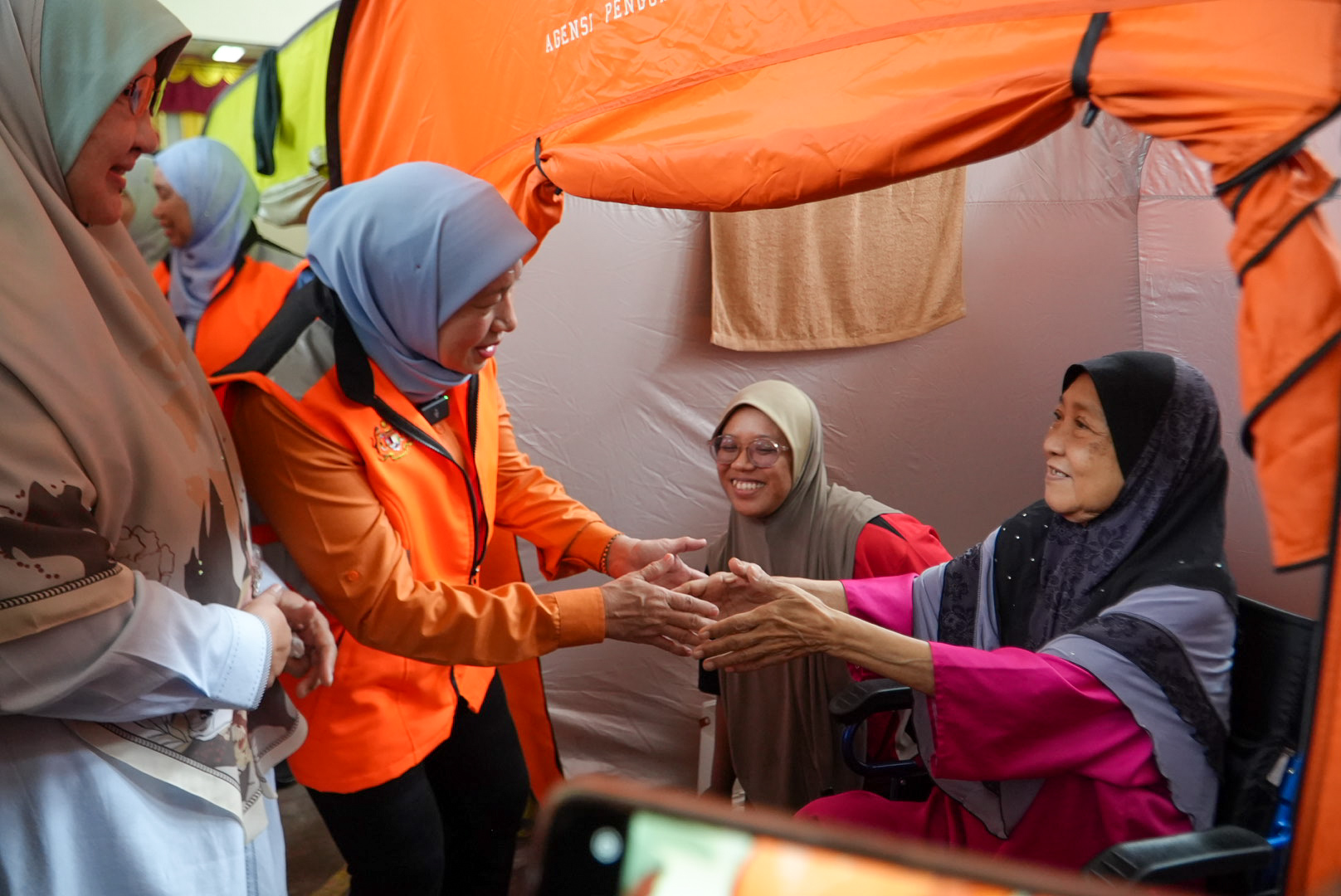
“This lady was so determined, she worked hard and earned so well that she bought a house with RM100,000 cash for her parents,” Nancy shares.
Similar stories have emerged under the Women’s Leadership Apprentice Programme (PERANTIS). A make-up artist who completed the programme went on to train 20 others, spreading her skills and paying her success forward. A ripple becomes a wave: the programme not just helps build one business, but a network of empowered women.
Nancy also points to innovative partnerships, such as with Volvo, which hired single mothers as truck drivers through a partnership with the ministry. It was so successful that Volvo asked for more recruits to support its growing operations.
For Nancy, success stories like these are more than statistics. They’re proof that when women see what’s possible, they begin to believe it for themselves.
Nancy believes that visibility is power: “When girls see someone like them in leadership, they begin to believe it’s possible.”
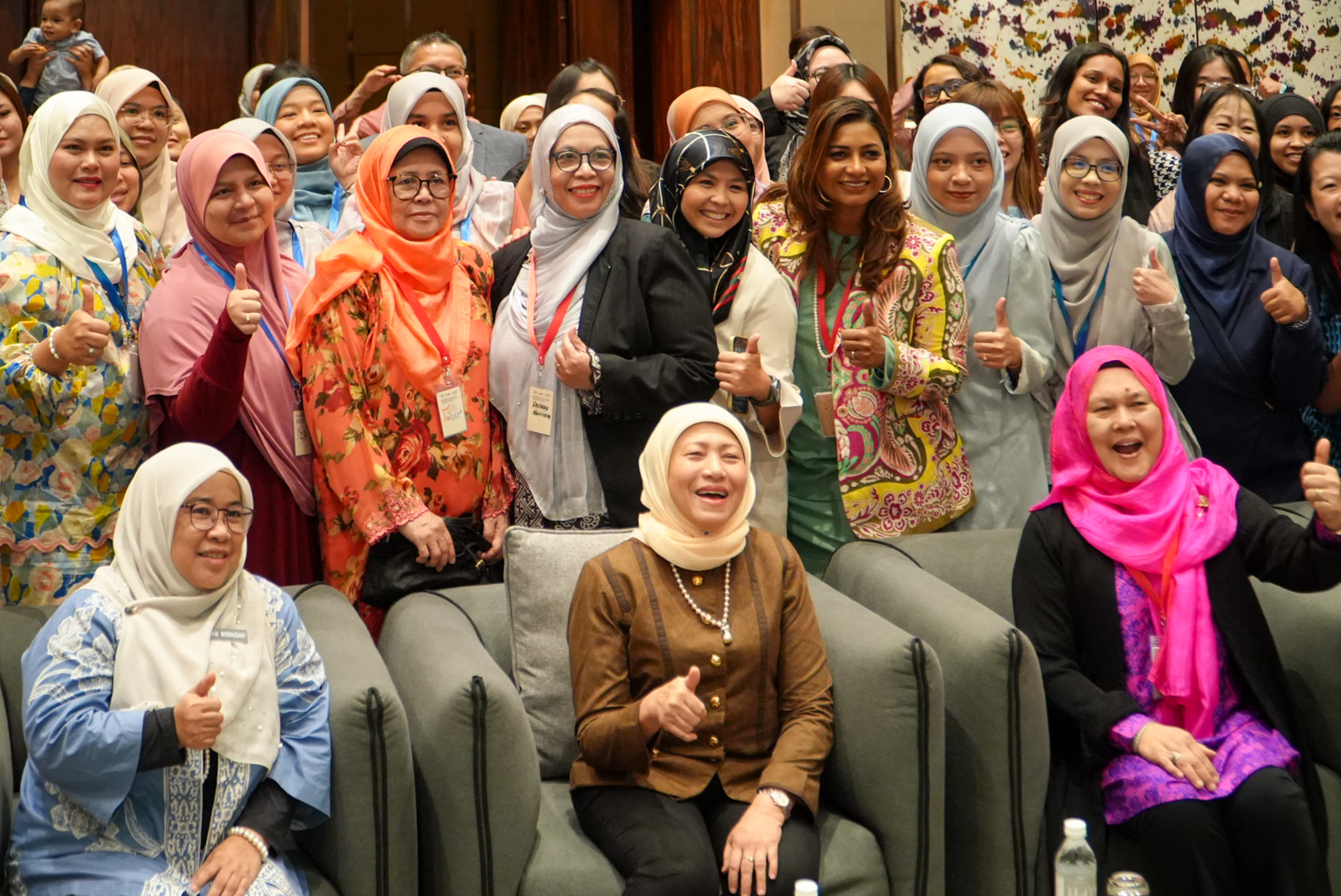
The future is in their hands
Just like her mother was a role model to her, Nancy’s journey too is rich with lessons for the next generation eager to join the national conversation and shape a better Malaysia.
“To young girls especially, I want to say this: you have more opportunities today than ever before. There are scholarships, grants, and subsidies available for women. Make the most of them,” says Nancy.
“Always strive to improve yourself, not just for your future, but for your family.”
She encourages youth to explore alternative paths to success, including technical and vocational training (TVET).
“Not everyone excels academically, but everyone has talents. Today, it’s easier than ever to pick up practical, income-generating skills,” she points out.
Nancy believes leadership means unlocking opportunities for the next generation, and creating space for others to thrive.
“That’s why I support youth development programs in my constituency and urge other leaders to do the same: give young people the exposure and encouragement they need to thrive,” she says.
“No matter what position you hold, take action. Our youth need us now more than ever. They are the future leaders of this country, and the decisions we make today will shape their tomorrow.”
Her vision is of a Malaysia led by innovative, creative, and capable young minds.
“Everyone has a role to play in nurturing this next generation. I want to see a future where Malaysian children thrive and go on to build a better, brighter nation for themselves and those who come after them,” she says.
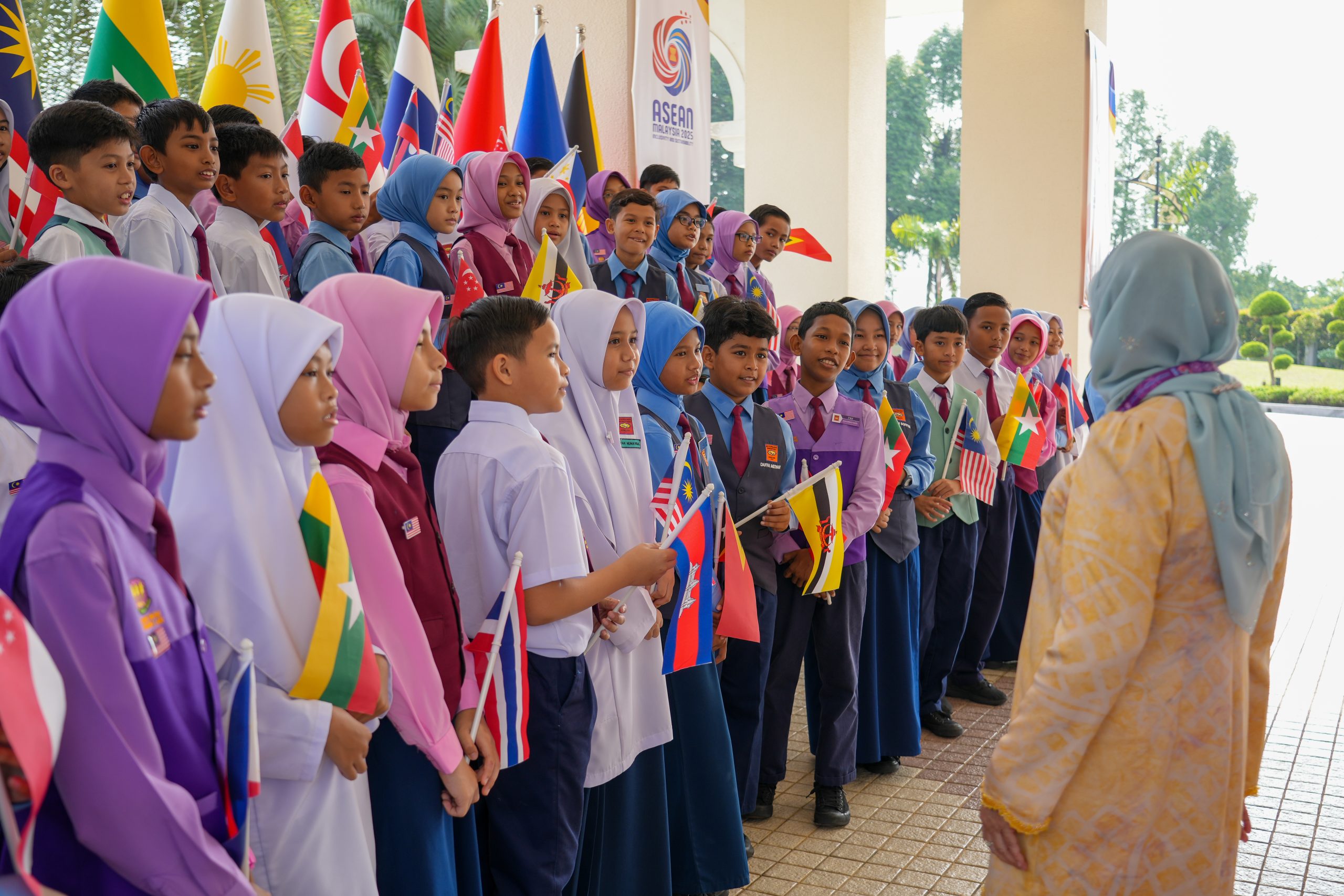
The quiet power of purpose
In a world where volume often dominates, Nancy Shukri proves that quiet leadership – anchored by purpose and action – can carry the most weight. Her leadership is proof that quiet strength can be revolutionary; that you don’t need to shout to be heard.
Today’s global political climate is often defined by ego and theatrics, but Nancy offers something different: a model of leadership shaped by integrity, identity and a deep commitment to service.
Her power lies in her steadiness, in service carried out not for attention, but because it’s right, in showing up for people, for communities, and for causes that matter.
She has consistently used her platform to amplify voices that are too often sidelined: women, rural communities, East Malaysians. And she’s made it a point to ensure that they too feel seen, heard, and included in shaping Malaysia’s story.
As she begins to consider her next chapter, that spirit of service remains unchanged.
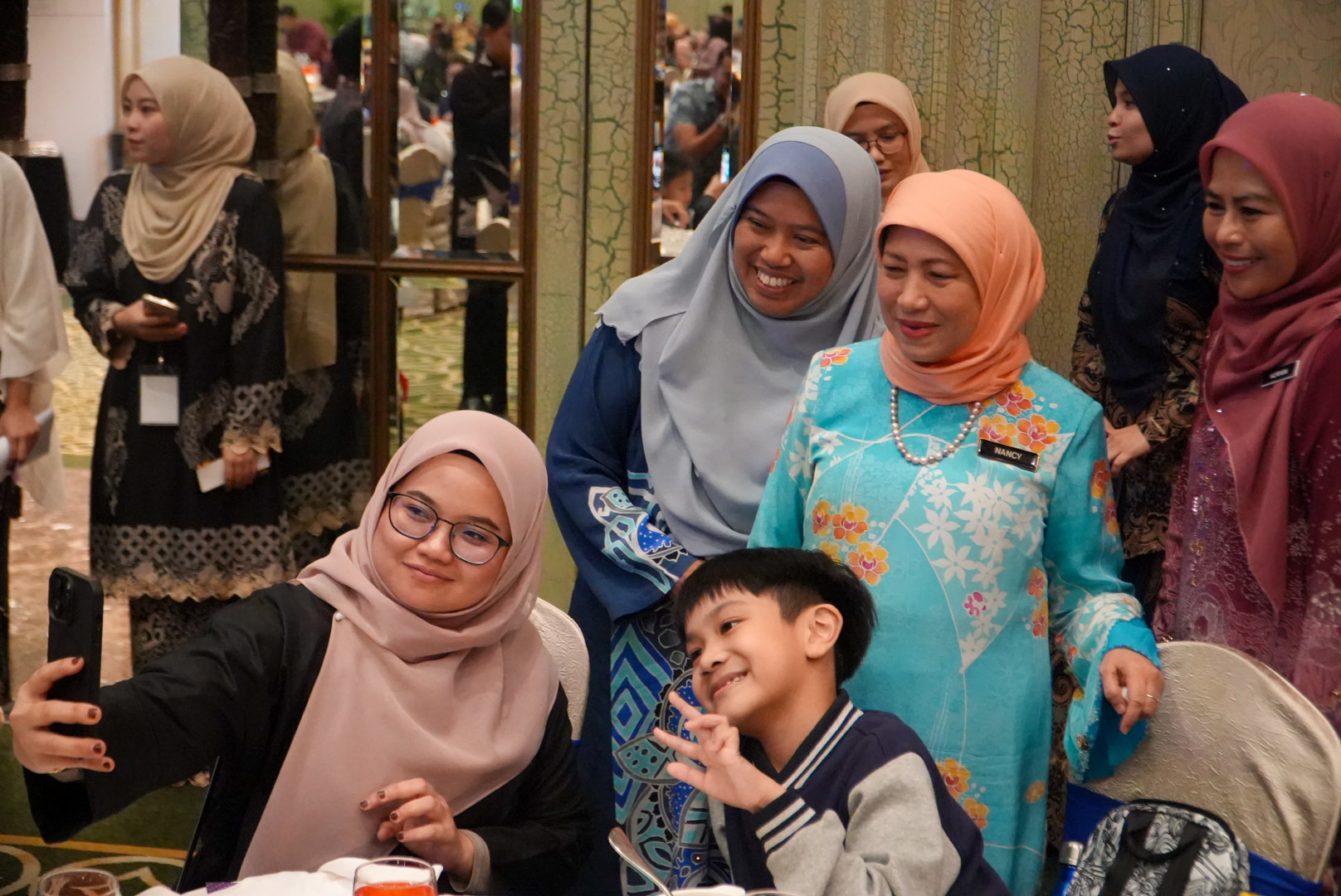
“Even while in office, I quietly engaged in charity work – not for recognition or gain, but from a spiritual need to give back.”
With the support of her family and inner circle, she continues reaching out to those in need, offering support wherever she can, quietly, intentionally, and from the heart.
For Nancy, the future isn’t about extending her political career, it’s about service in its purest form.
“I no longer wish to work in the conventional sense. What I want now is to help people, especially those who are truly struggling,” she says.
“Life is uncertain, and I believe in using whatever time we have to lift others.” Her hope is to empower families in need, help restore their confidence, and give their children a fighting chance.
“There’s so much more we can do to make a difference,” she adds. “And that’s the path I want to follow.”
